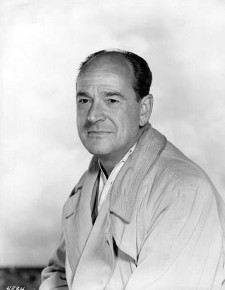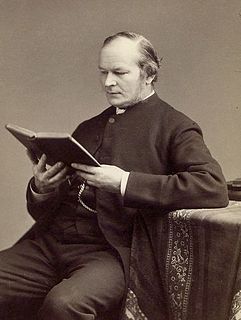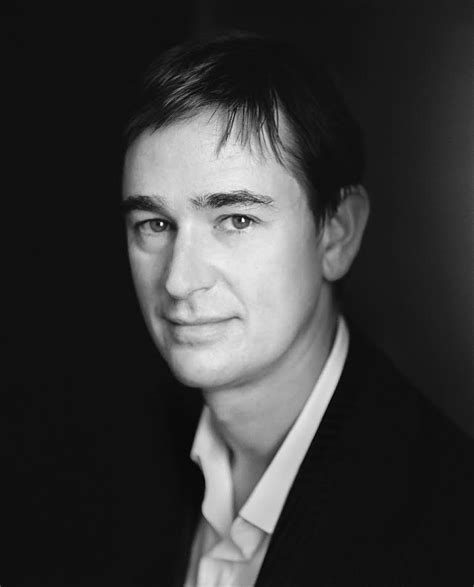A Quote by Alain de Botton
The philosophy I love is very selective. It is really just the bit that is involved in a search for wisdom, and this means a short roll call of names; Socrates, Marcus Aurelius, Seneca, Epicurus, Montaigne, Schopenhauer, Nietzsche.
Related Quotes
One could say that what differentiates ancient from modern philosophy is the fact that, in ancient philosophy, it was not only Chrysippus or Epicurus who, just because they had developed a philosophical discourse, were considered philosophers. Rather, every person who lived according to the precepts of Chrysippus or Epicurus was every bit as much a philosopher as they.
Philosophy is the art of dying.Philosophy is an activity that has always been concerned with how one seizes hold of one's mortality, and I see myself continuing a very ancient tradition that goes back to Socrates and Epicurus, which is that to be a philosopher is to try and learn how to die. In learning how to die, one learns how to live.
Socrates: So even our walks are dangerous here. But you seem to have avoided the most dangerous thing of all. Bertha: What's that? Socrates: Philosophy. Bertha: Oh, we have philosophers here. Socrates: Where are they? Bertha: In the philosophy department. Socrates: Philosophy is not department. Bertha: Well, we have philosophers. Socrates: Are they dangerous? Bertha: Of course not. Socrates: Then they are not true philosophers.
I drifted into a career in academic philosophy because I couldn't see anything outside the academy that looked to be anything other than drudgery. But I wouldn't say I 'became a philosopher' until an early mid-life crisis forced me to confront the fact that, while 'philosophy' means 'love of wisdom', and 'wisdom' is the knowledge of how to live well, the analytic philosophy in which I had been trained seemed to have nothing to do with life.
When I was writing Love and Lies, I was going over a lot of my old notes to see if there were any insights in them. I was obsessed with Friedrich Nietzsche, Søren Kierkegaard, Arthur Schopenhauer. These are not guys that you want to go to for understanding the nature of love. They clearly didn't get it.
We stand in need of such reflections to comfort us for the loss of some illustrious characters, which in our eyes might have seemed the most worthy of the heavenly present. The names of Seneca, of the elder and the younger Pliny, of Tacitus, of Plutarch, of Galen, of the slave Epictetus, and of the emperor Marcus Antoninus, adorn the age in which they flourished, and exalt the dignity of human natures.
Only in the West did a philosophy develop that was not only no longer the love of wisdom but went so far as to deny the category of wisdom as a legitimate form of knowledge. The result was a hatred of wisdom that should more appropriately be called ‘misosophy’ (literarily hatred of Sophia, Wisdom) rather than philosophy.
My idea of philosophy is that if it is not relevant to human problems, if it does not tell us how we can go about eradicating some of the misery in this world, then it is not worth the name of philosophy. I think Socrates made a very profound statement when he asserted that the raison d'etre of philosophy is to teach us proper living. In this day and age 'proper living' means liberation from the urgent problems of poverty, economic necessity and indoctrination, mental oppression.






































